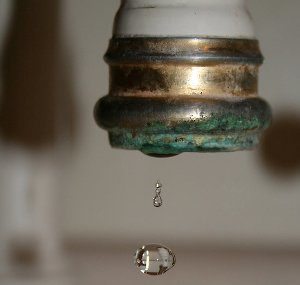
Oliguria is the name for a condition in which the volume of urine generated by the body is abnormally low. Medically, it’s defined as urinary output above 50 but below 500 ml per day. (Below 50 ml per day the condition is termed anuria, or the absence of urine.) Low urine volume or oliguria is a problem because urine is the body’s chief mechanism for removing waste products and potentially toxic substances. Although it can also arise from other things, oliguria can be a sign of renal disease.
Causes Of Oliguria
Oliguria can be caused by renal disease, either chronic kidney disease or acute renal failure. It can also result from severe blood loss or any other sudden reduction in the blood supply. Also, it can result from urinary obstruction, urine retention, infections to the urinary tract, pre-
Oliguria And Acute Kidney Failure
Acute kidney failure, as the name implies, is a severe breakdown in renal functioning that occurs suddenly. This is in contrast to chronic kidney disease, in which impairment of renal function happens relatively slowly over time. Acute kidney failure is serious and potentially life-
Oliguria is one of the symptoms of acute kidney failure. It is also a symptom of late-
Treatment Of Oliguria
Oliguria does not have a single treatment recommendation. Being a symptom rather than a disease, it calls for treatment appropriate to whatever is causing it. The most common cause of oliguria is simply dehydration, which calls for rehydration either by drinking liquids or, if more serious, intravenously.
When oliguria results from acute kidney disease, diagnosis to indicate the pathophysiology of the problem is necessary, as prerenal or postrenal acute kidney failure will be treated differently from renal failure properly so called.
The bad news about acute renal failure is that it requires intensive care and treatment and is very dangerous. The good news is that it is often reversible and full kidney function can often be restored. Treatment usually requires hospitalization. (However, most people who suffer from acute kidney disease are already hospitalized for something else, which causes the kidney problems.) In addition to treatment for the cause of the kidney malfunction, the medical staff will administer treatment to maintain fluid balance in the body, along with mineral balance, and probably administer dialysis to replace kidney function until it is restored.
Prognosis
The prognosis for those suffering from oliguria depends on what is causing the symptom but in most cases is quite good, provided the acute condition is promptly and properly treated. Dehydration, blood loss, and acute renal failure (the three most common causes of oliguria) are all usually reversible. Any of these conditions can be life-
